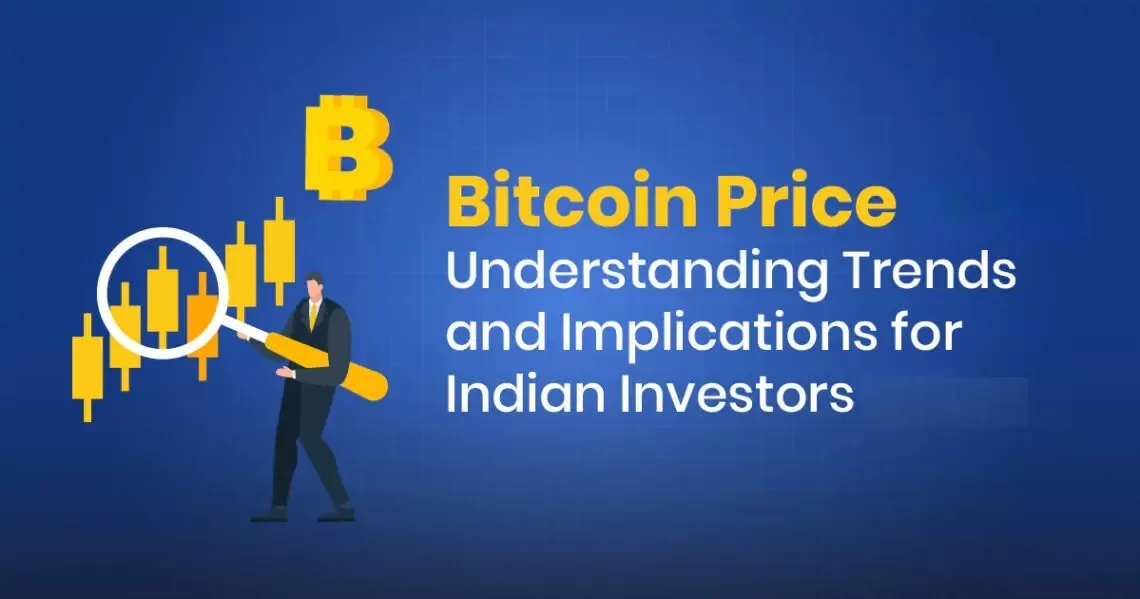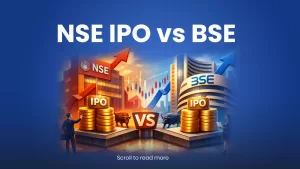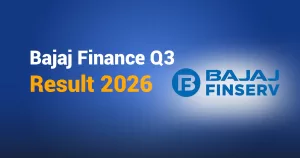- Bitcoin's Current Market Overview
- Indian Crypto Adoption: A Steady Growth
- Regulatory Landscape in India: Uncertainty Continues
- Global Trends and Their Impact on Bitcoin Price
- Bitcoin vs. Traditional Investment Options in India
- Bitcoin's Potential in India’s Financial Ecosystem
- Risks to Consider: Volatility and Security Concerns
- The Future of Bitcoin in India: What to Expect
- Conclusion: Bitcoin’s Place in Indian Investment Portfolios
Bitcoin is a cryptocurrency that has grown in the recent past to become the most focal point for investors worldwide, including those in India. The ever-fluctuating Bitcoin price live Chart is something very common on trading platforms like Binance. While digital currencies continue to see unprecedented interest from various cadres of investors, Indian investors are quite eager to know the future of Bitcoin amidst its evolving global market. This article looks into the key trends, regulatory environment, and implications for Bitcoin price in India’s financial landscape.
Bitcoin’s Current Market Overview
Bitcoin is still the preeminent cryptocurrency in the world. Its latest market capitalization is around $1.35T. The price, though highly volatile, is currently around $68,000 as of the beginning of November. Its prices depend on many variables, which include market demand, world economic factors, and technological improvements. No different than the rest of investors worldwide, Indian investors often track bitcoin prices live to decide when to buy or sell the cryptocurrency.
Indian Crypto Adoption: A Steady Growth
Over the years, India has become a huge market for cryptocurrencies. As of 2023, an estimated 115 million Indians have invested in digital assets. It is one of the largest markets for cryptocurrencies in the world. Binance and WazirX are some of the popular platforms among Indian traders because of the ease of their interfaces and the access to global markets. However, the regulatory uncertainty in India has kept many cautious.
Regulatory Landscape in India: Uncertainty Continues
Cryptocurrency regulation has been a debate point of the Indian government from time to time. The RBI has been taking a prudent stance, although the government has not yet come up with its regulatory framework. In 2022, it came up with the introduction of a 30% tax on cryptocurrency gains, which created a major impact on the market; nevertheless, without a comprehensive legal framework, investors are bound to walk through an ambiguous scenario.
Clarity is awaited with eagerness, as a well-framed regulation could incentivize institutional investors and give greater legitimacy to Bitcoin trading. Financial experts of the country recently asked for the approach to be padded with a feeling of balance between the potential of Blockchain technology and risks linked with speculative trading.
Global Trends and Their Impact on Bitcoin Price
The Bitcoin price is not only determined by local factors. When it comes to the Bitcoin price, global trends play an important role in its direction. Recent happenings within the world’s economy, which is a pressurized economic situation with high inflation rates and geopolitical tensions, weighed down the performances of such assets as Bitcoin. Considering Bitcoin as a form of “digital gold,” it’s an inflation hedge against which quite a lot of people have taken toward Bitcoin, especially when there’s disruption in the financial markets.
For instance, Bitcoin price has risen during economic turmoil in the past, as investors may try to protect their wealth in alternatives to traditional assets. Conversely, during times of stability, classic assets such as stocks and bonds would be favored, perhaps over cryptocurrencies, therefore causing less demand for cryptocurrency.
Bitcoin vs. Traditional Investment Options in India
Traditionally, Indian investors have preferred investing in traditional assets such as gold, stocks and mutual funds. However, growing interest in cryptocurrencies is creating a diversified portfolio across the country. Historical returns compare and show that Bitcoin, despite its volatility, has outperformed traditional assets in terms of price appreciation over the past decade. For example, between 2015 and 2023, Bitcoin returned an average annual return of about 150%, compared with gold returning about 6% during the same period.
That has caused young investors to think of Bitcoin more as a long-term investment, similar to the way older investors perceive gold. Cryptocurrency is a high-risk investment, though proper risk management practices are still needed.
Bitcoin’s Potential in India’s Financial Ecosystem
This means that the future of Bitcoin in India is closely related to its probable inclusion into India’s financial ecosystem. Whereas blockchain technology has been recognized for its potential in areas of finance, healthcare, and supply chain management, thereby underlying the infrastructure on which Bitcoin is based, this approach might further open new avenues for innovation. Companies in India are already exploring diverse blockchain solutions, which might lead to greater cryptocurrency acceptance as the general regulatory environment becomes more propitious.
Interest in blockchain and crypto technologies shown by several Indian fintech companies has also pointed out the fact that Bitcoin could be an intrinsic part of India’s financial future. Convenient cross-border payment settlements, reduction in transaction costs and financial inclusions of unbanked people are all these milliard’s advantages that have been discussed in Indian business circles.
Risks to Consider: Volatility and Security Concerns
Despite its high popularity, Bitcoin remains very volatile for investors. The price may fluctuate by thousands of dollars in just a few hours; because of this, it is considered a high-risk investment, especially for those unfamiliar with its nature. In addition to this, other security issues like the hacking incidents on platforms where exchanges take place and the fraud that might occur make working with Bitcoin even riskier.
High volatility, along with a lack of adequate regulatory safeguards, is a concern for investors in India. Thus, investors are being informed to keep their investments in cryptocurrency at a reasonable portion of their portfolio and also stay updated regarding the market trends and various regulatory announcements.
The Future of Bitcoin in India: What to Expect
The future of Bitcoin in India will be closely connected with regulatory clarity, as well as with the global macro environment henceforth. A clearer legal framework could give a greater boost to institutional adoptions and more pervasive use of cryptocurrencies in day-to-day applications. Once the government’s stance gets clearer, the Indian crypto market may witness some key changes that will influence Bitcoin’s trajectory.
With growing demand across the world and more use in developing countries like India, some analysts even say Bitcoin can touch $100,000 by 2025. But this is a forecast and not to be taken seriously since no one knows how cryptocurrency markets will behave.
Conclusion: Bitcoin’s Place in Indian Investment Portfolios
Bitcoin has carved a niche for itself in the Indian financial world and opened up a new avenue of wealth creation for its investors. With the ever-fluctuating bitcoin price live, it remains an asset of attraction and risk for many. Again, continued regulatory improvement with technological development will define the future of Bitcoin in India. As always, investors must be informed and vigilant to weigh opportunities with risks in making investment decisions.
This is while the growth scope is huge in understanding market dynamics and strategies for mitigating risk, which will be critical to making dents into the Indian investor’s world of Bitcoin and other cryptocurrencies.










